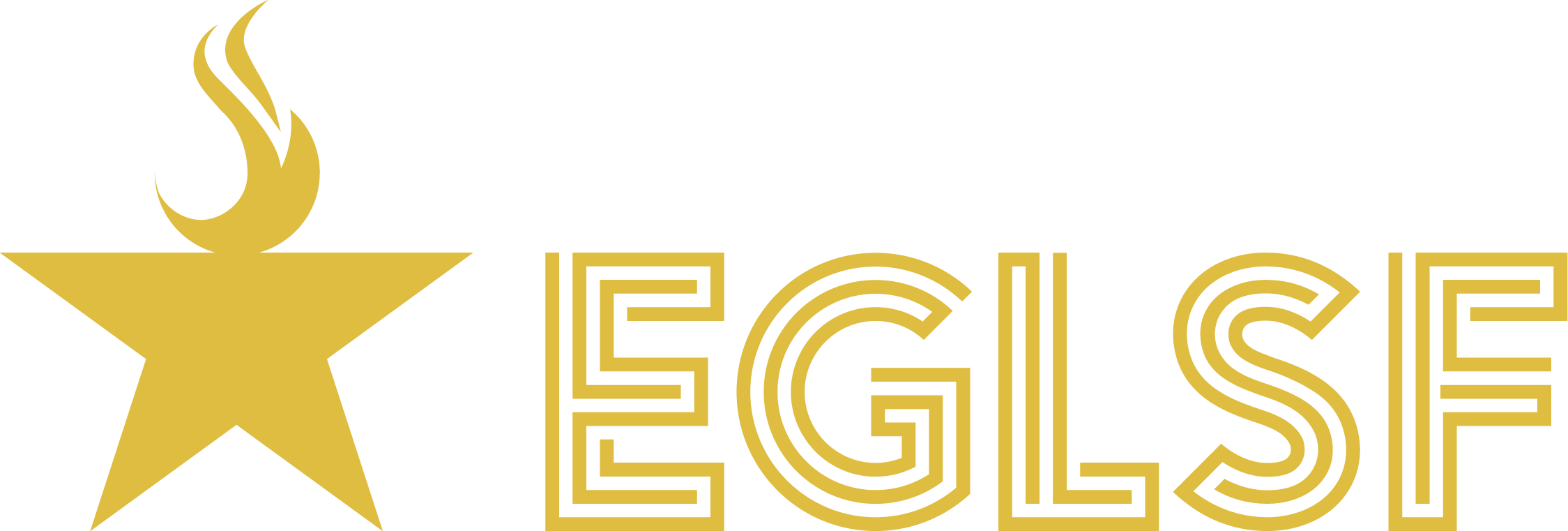This year there was the 10th edition of the Play the Game Conference in Eindhoven. More than 450 participants discussed the biggest challenges in the world of sport.
At the centre of the conference are classic Play the Game themes like doping, match-fixing and corruption in sport, but themes like innovation and new trends in sports such as e-sports have also found their way in to the programme.
Play the Game 2017 takes place in a period of time, when more and more media, governments and sports organisations have had to face those problems that have been following sports for many years and on many levels.
During these three and a half days there were so many topic: sexual abuse in sport, good governance within sport organisations, the rights of athletes, anti-doping policies, match fixing, crime and corruption, sustainable mega-events, transgender athletes, Kazan action plan, the Rooney Rule etc.
On the first day the main session about sexual violence and abuse and how to prevent it was very interesting. Karen Leach reported how her dream of being an athlete for Ireland at the Olympics was destroyed by being a victim of sexual violence and abuse in sport. The research project from the German Sports University with round about 80 interviews with victims was presented. The project includes a study of 1,800 athletes in Germany. 37% have experienced forms of sexual violence – from sexist jokes to abuse with physical contact. 70% of the victims were under the age of 18 when first experiencing sexual abuse.
Moreover, preliminary results of in-depth interviews with victims revealed a number of important insights into the realities and consequences of sexual violence including:
- Massive impact of sexual abuse on survivors and families;
- Victims had significant problems of finding support;
- Victims have had long periods of silence before disclosing their experience;
- A chilly climate in the regimes in which the victims trained – a “no pain, no gain” mentality.
Now the researchers are developing educational materials with the support of the EGLSF. The project will be end with a conference in 2018.
On the second day the workshops “Sports governance: Remedies in the remit of sport“ and in the afternoon about “Sports governance: Roads to government action” were very interesting. This workshop focused on whether a code of ethics can help, what kind of opportunities and pitfalls and good practices. The majority of international sport federation has an ethical on good governance. But most of these federations have a considerable amount of work to follow their ethic codes. The conclusion of the discussion was that a code of ethic is necessary and a comprehensive ethic programme must be in place
On the third day the session of the FARE Network about ethnic and gender representation in sports governance and senior coaching in European football clubs was very good. Key findings indicated that 95,% of senior governance positions and 98,1 % of senior coaching positions are held by whit men – illustrating an obvious lack of gender and ethnic minority representation at the highest levels of football governance and coaching in the UK. In The Netherlands there is nearly no diversity in these positions. Less than 2% of ethnic minorities hold senior governance position and only 5 to 10 % of coaches have a minority background. Between 2002 and 2017 the number of female board members in Dutch sport federation increases from 10 to 19 %. But the majority of boards in Dutch football clubs have not written policy measures to ensure gender diversity. And mostly when there is a vacant position, boards do not put special emphasis on the appointment of women.
What are the reasons for the under-representation of ethnic minorities and women:
- Limited access to relevant training and education.
- A tendency for governance bodies to recruit based on networks rather than qualifications.
- Existence of racialised and gendered stereotypes.
- Lack of commitment to change.
- Experience of discrimination leading people to “drop out” of the sports industry.
Moving forward – the Rooney Rule
A model of best practice can be seen in the American National Football League (NFL).
For a long time, leadership in the NFL was predominantly white – and still is. However, since the introduction of the so-called “Rooney rule” there has been improvements. The Rooney rule states that at least one person of colour must be interviewed when NFL clubs are looking for new coaches.
There are a number of points important to consider when trying to implement the Rooney rule:
- There must be similarity in the interviews (i.e. between coloured and whites). Any violation of the rule needs to be sanctioned.
- There must be an advocacy organisation pushing the sports league to implement the rule.
- There must be substantial monitoring of the rule. Who was interviewed and how? Who got the job?
While racial/ethnic minority footballers have a record of success as players on the pitch, they are clearly under- represented within the coaching and leadership/ governance structures within football across Europe. The levels of exclusion go women as leaders is similarly stark.
And the difference between football and other sports is not big. There are the same situations.
Words:- Annette Wachter



Leave A Comment